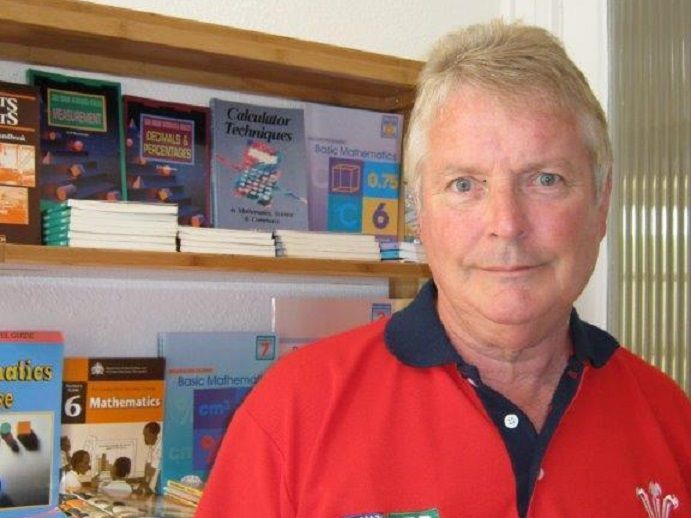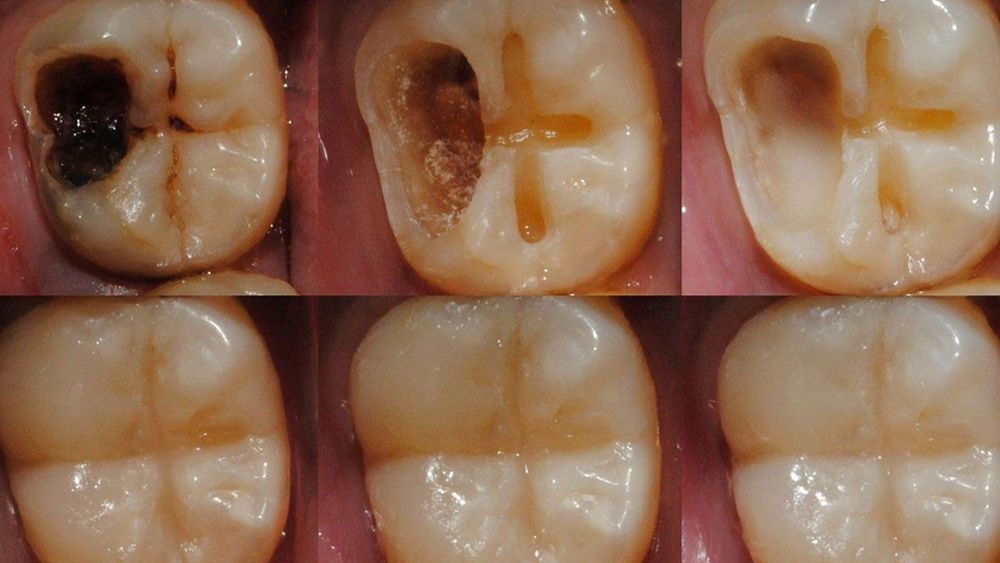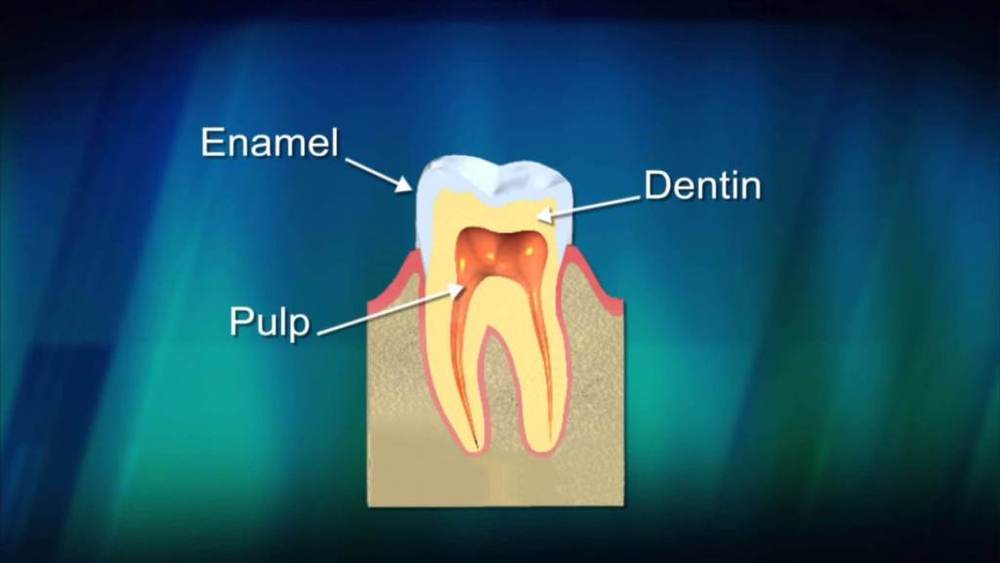Save 20% off a stunt drone that’s easy to fly for all levels of pilots.



A mathematician has shared some of the brain exercises he uses to help people with dementia.
Gareth Rowlands, from St Albans, runs memory workshops at dementia cafes and care homes in Hertfordshire.
He became passionate about helping those with memory loss after he visited a care home which he wife ran in Barnet.

Researchers have, for the first time, detected the gravitational waves from a newly born black hole, and found that the ringing pattern of the waves predicts the cosmic body’s mass and spin, providing more evidence for Einstein’s General Theory of Relativity.
The study, published in the journal Physical Review Letters, increases the possibility that black holes exhibit only three observable properties – mass, spin, and electric charge.
All other properties, the study noted, could be swallowed up by the black hole itself, and are unobservable.

“DNA is like a computer program but far, far more advanced than any software ever created.” Bill Gates wrote this in 1995, long before synthetic biology – a scientific discipline focused on reading, writing, and editing DNA – was being harnessed to program living cells. Today, the cost to order a custom DNA sequence has fallen faster than Moore’s law; perhaps that’s why the Microsoft founder is turning a significant part of his attention, and wallet, towards this exciting field.
Bill Gates is not the only tech founder billionaire that sees a parallel between bits and biology, either. Many other tech founders – the same people that made their money programming 1s and 0s – are now investing in biotech founders poised to make their own fortunes by programming A’s, T’s, G’s and C’s.
The industry has raised more than $12.3B in the last 10 years and last year, 98 synthetic biology companies collectively raised $3.8 billion, compared to just under $400 million total invested less than a decade ago. Synthetic biology companies are disrupting nearly every industry, from agriculture to medicine to cell-based meats. Engineered microorganisms are even being used to produce more sustainable fabrics and manufacture biofuels from recycled carbon emissions.
Life.
Making the world kinder.
🔎 Learn more about this year’s Technology Pioneers: https://wef.ch/2xlRxOX


Lifeb.
Once tooth enamel breaks or wears away it’s over – it doesn’t grow back. That’s why dentists have to plug in the gaps with artificial fillings. But now, a team of scientists from China’s Zhejiang University and Jiujiang Research Institute says it has finally figured out how to regrow tooth enamel, a development that could totally upend dental care. The team developed a gel that has been found to help mouse teeth regrow enamel within 48 hours. The research has been published in the journal Science Advances.

What exactly is enamel and why can’t it regrow? It is a mineralized substance with a highly complicated structure that covers the surface of teeth. The structure is made up of enamel rods interwoven with inter-rods in a fish scale pattern which makes it the hardest tissue in the human body. It is initially formed biologically but once mature it becomes acellular, meaning it becomes devoid of the ability to self-repair. This is why cavities (tooth decay) are one of the most prevalent chronic diseases in humans.
Enamel is so complex that its structure has yet to be duplicated correctly artificially. Resins, ceramics and amalgam fillings can mend the problem but they are not a forever fix. The fact that they are made of foreign materials means they can’t achieve a permanent repair. The new gel made by the Chinese scientists is different because it is made of the same material as enamel. It is made by mixing calcium and phosphate ions – both minerals which are found in enamel – with the chemical called triethylamine in an alcohol solution.
These water-filled headphones will bring new meaning to ‘soundwaves.’
China is building a supersonic train.
Watch what happens when I scratch Brent Rivera ‘s car…! It heals itself because of the SunTek Window Film Paint Protection Film it has on it. Highly recommend these guys! They use 3D scanning tech and also have the biggest film in the business which means no seam lines. Hit them up if you want your car to look like new for years and years… SunTekfilm & Envious Detailing.
#sponsored #SunTekPPF #SunTek #SunTekFilms #GetSunTek #PPF #PaintProtectionFilm #PorscheMacan #EnviousDetailing